Reviews: Pollini has a nightmare in London
NewsWe are hearing from several readers that Maurizio Pollini’s recital at the Royal Festival hall fell far short of his immaculate standards expectations. Here’s one acute observer:
The first piece on Pollini’s programme, the Schumann Arabesque, was played beautifully from memory but next, rather than the advertised Schumann Fantasie, he started to play (I think) the Chopin Mazurka which should have been in the second half.
He seemed to lose his way quickly (or possibly remember he was playing the wrong piece) and suddenly stopped and went off stage for a few minutes. He came back on with a score for the Schumann Fantasie and started playing but kept flicking, seemingly at random, through the pages as he was playing. Some of the pages were loose and kept falling down, so he got in a real muddle, often pausing and completely ruining any sense of flow in the music.
After the first part of the Fantasie he went off to get the score for the rest and carried on playing. He still had trouble turning the pages but the performance seemed to settle at little towards the end of the piece, though it was still very uncomfortable to watch.
For the second half of the concert a page turner was present and the playing was much more like what we have experienced with him in recent years; certainly some beautiful playing but also many smudged notes and muddled passages. Of course he got a huge standing ovation but unusually (though not surprisingly) no encores were offered. It’s sad to see a great artist in such an undignified and shambolic state for part of the recital and I guess the experience may well have rattled him too. Will we will ever see Maurizio Pollini in London again?
UPDATE: Here’s another account from Tim Parry on his Facebook page:
… things went badly awry. He just couldn’t find his way into Schumann’s Fantasie, and after two attempts he went off-stage to get his score. There followed a muddle with a technician trying to fix up the piano’s copy holder, with Pollini then trying to keep the show on the road, but fumbled page-turns, losing his way, long silences, going off-stage again, applause in the wrong places, all took their toll. And inevitably the vital, secure link between performer and audience was broken. Spectators were supportive and affectionate, but you wondered how he would recover.
There was a page-turner for the second half, yet there was something too dogged and unyielding about the way Pollini negotiated the technical demands and big gestures of Scherzo No.1. Growth, attack, tone and definition stayed stubbornly at the same level, and the way Chopin transfigures the progress of the Barcarolle from a brief journey in a gondola into an emblem of life’s passage struggled to register. Clouds of pedal and missed notes didn’t help. The short recital ended around nine o’clock, and despite a rapturous reception and heartfelt standing ovation, there were no encores. I was standing near the stage when Pollini emerged through the door and briefly stood there for his fourth curtain call. He looked like a ghost.

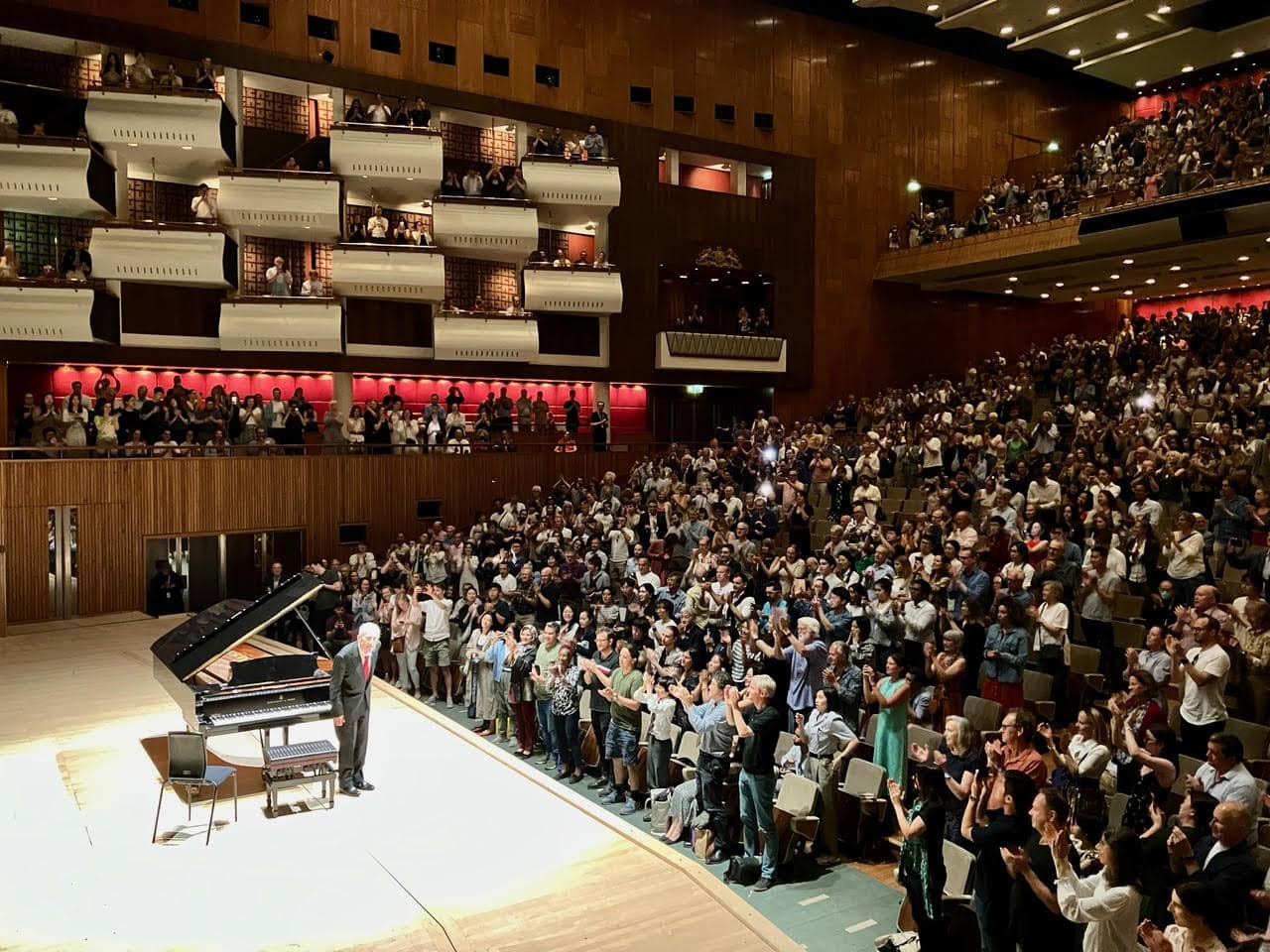
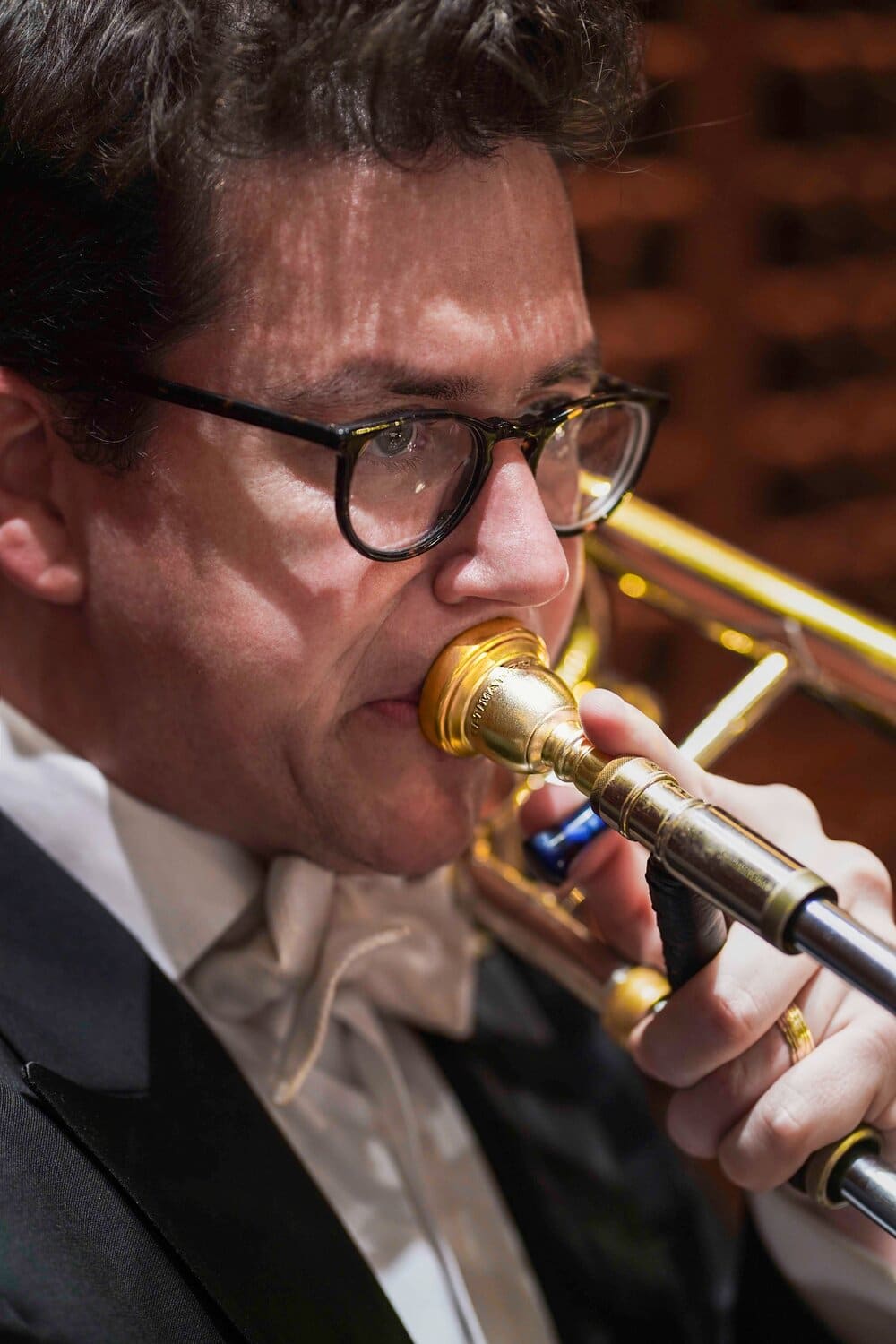
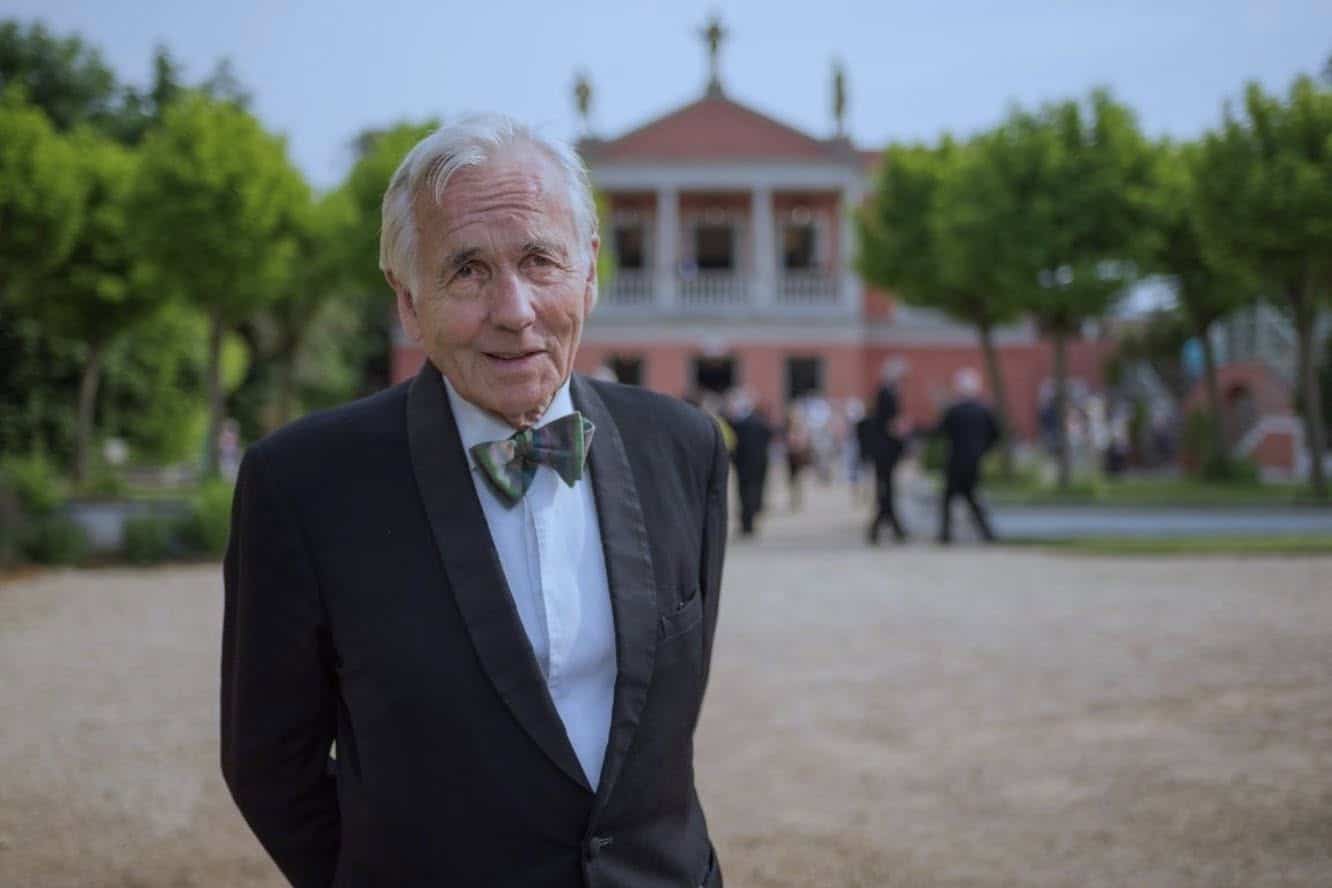
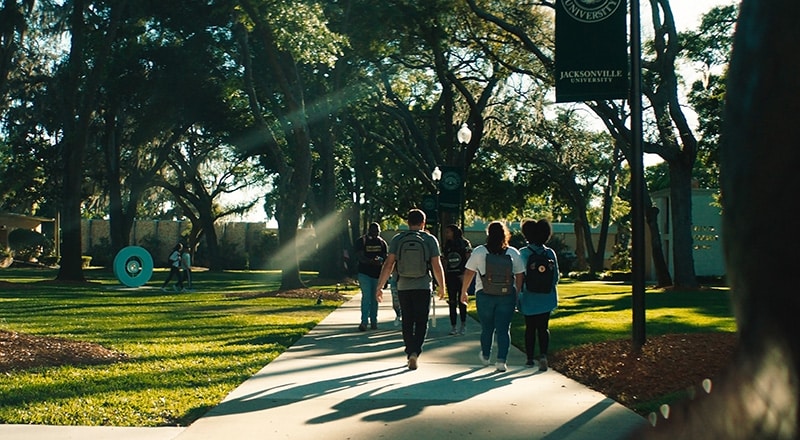
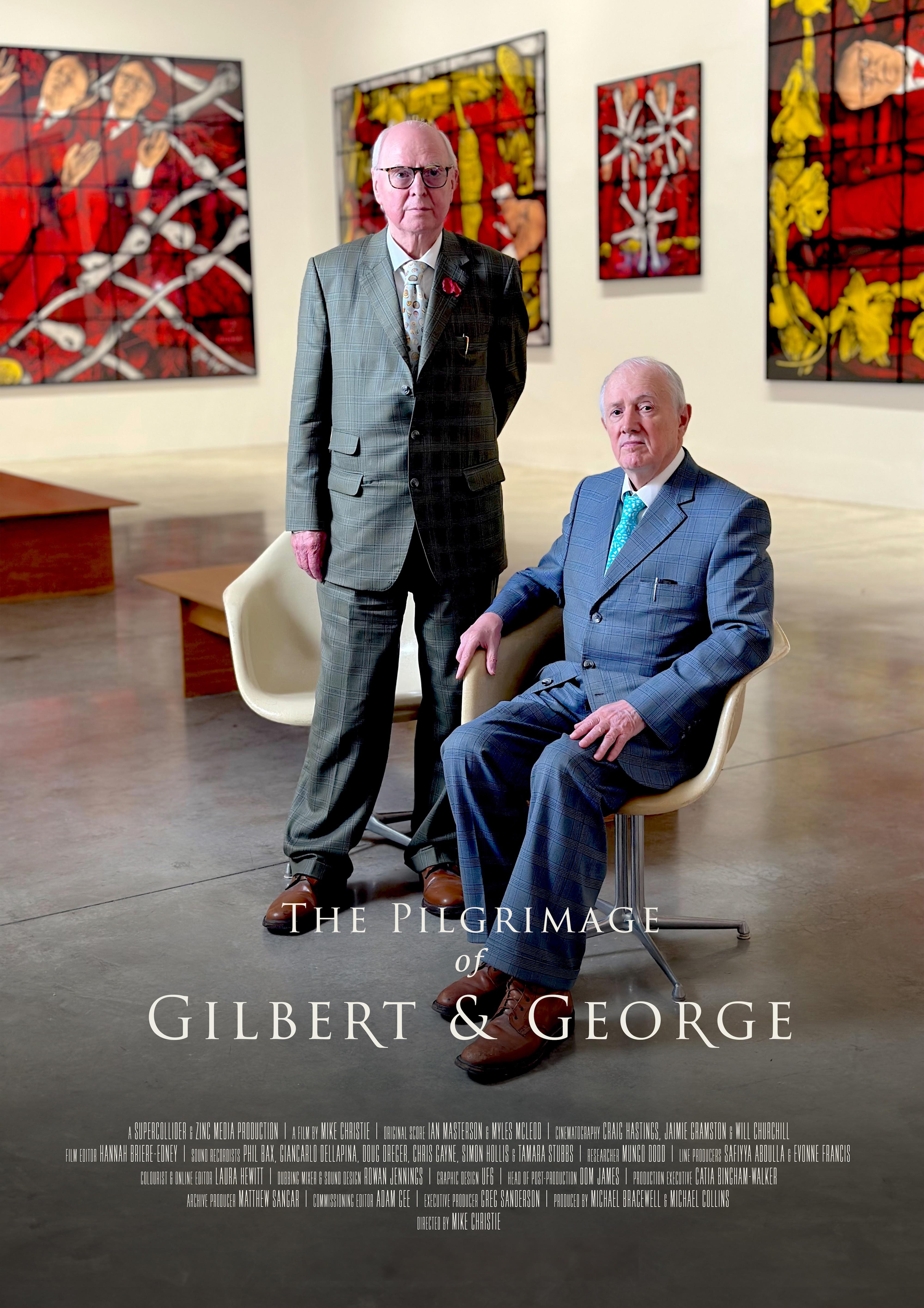
Comments